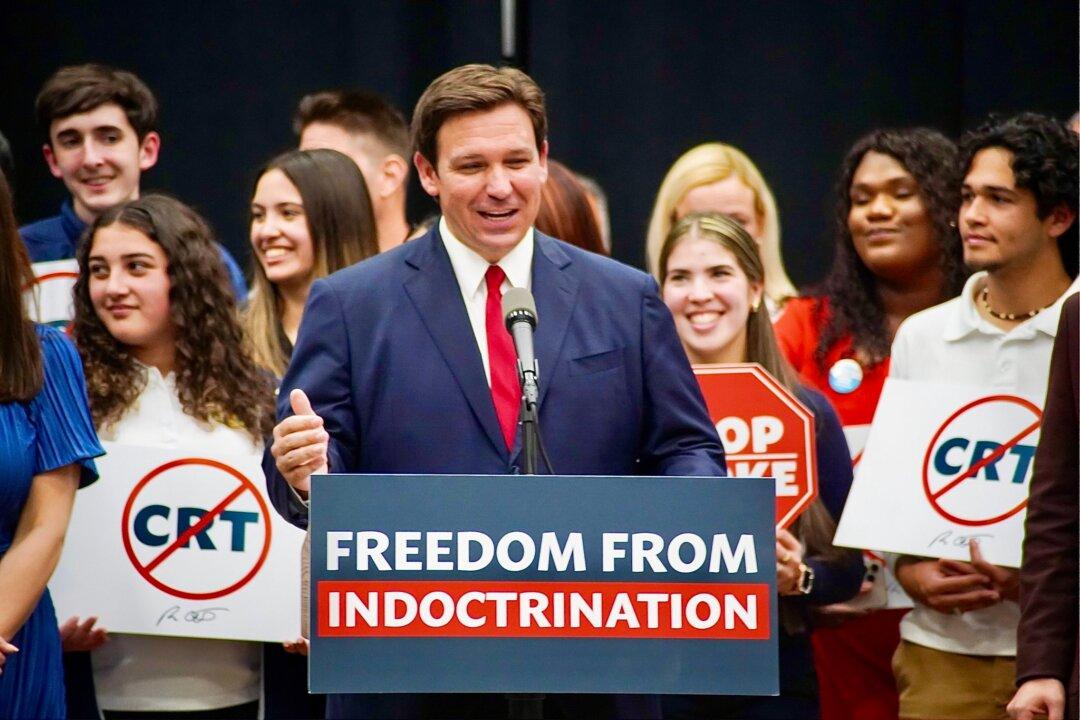Public school districts across Florida are working to comply with several new state laws designed to stop the sexualizing of young school children and the indoctrination of students with racially prejudicial theories.
As a result of the legislation, all books and other materials in school libraries and classroom book collections must be inventoried and reviewed by state-certified media specialists.





